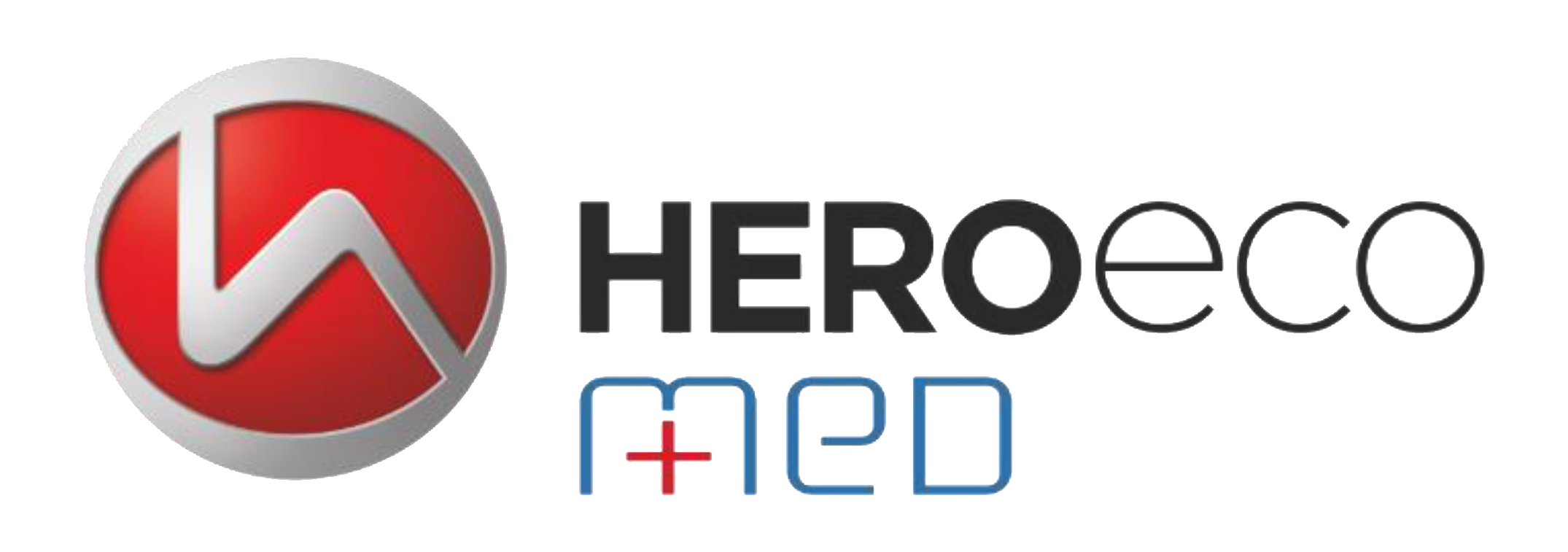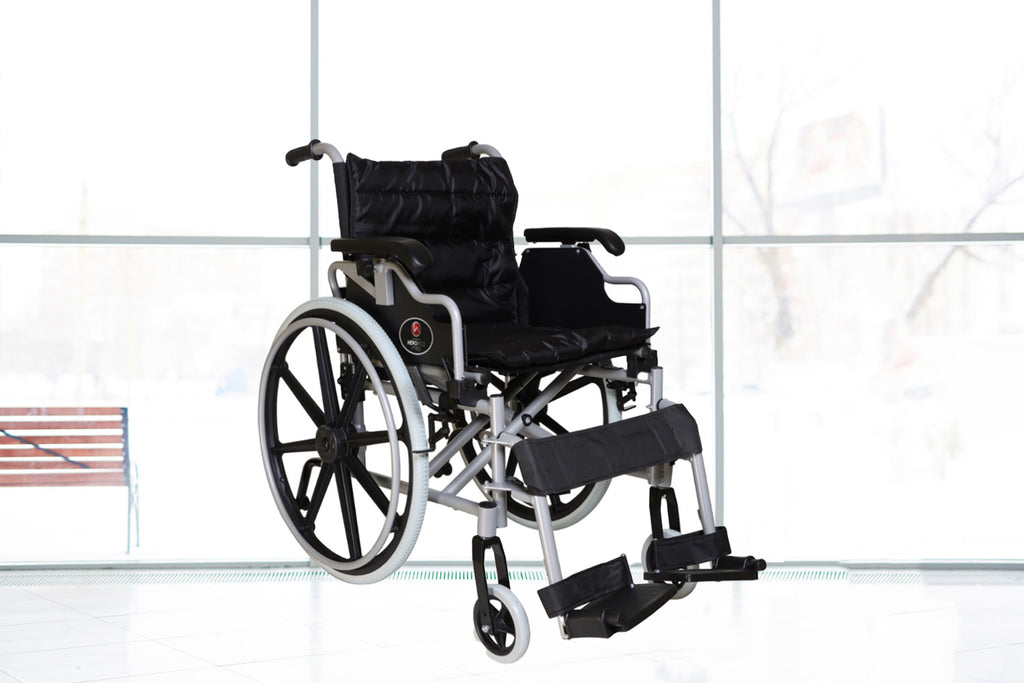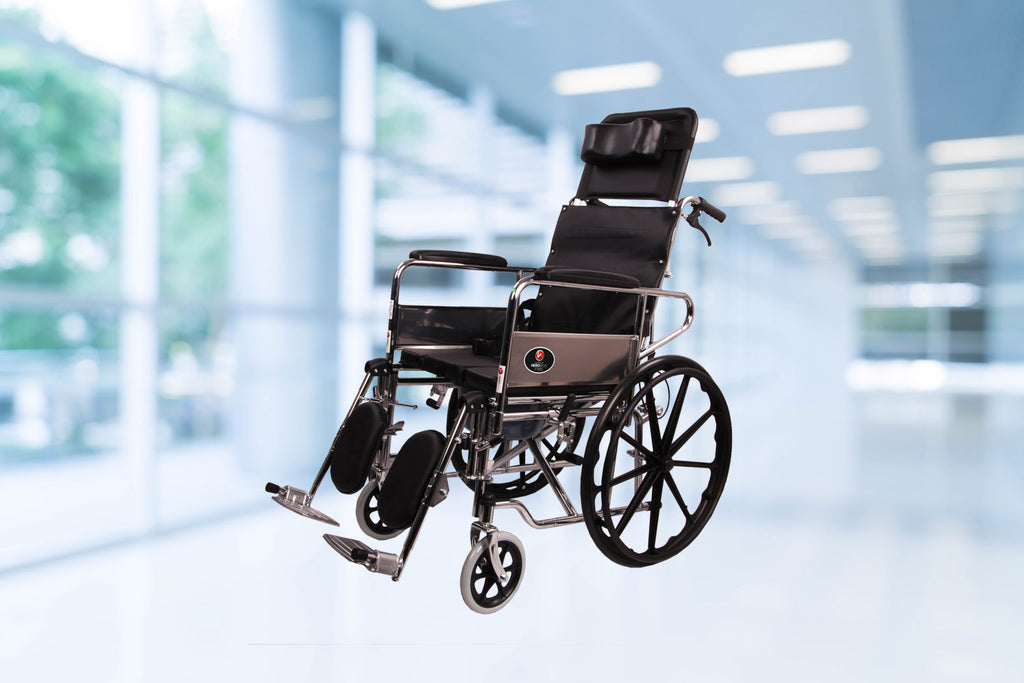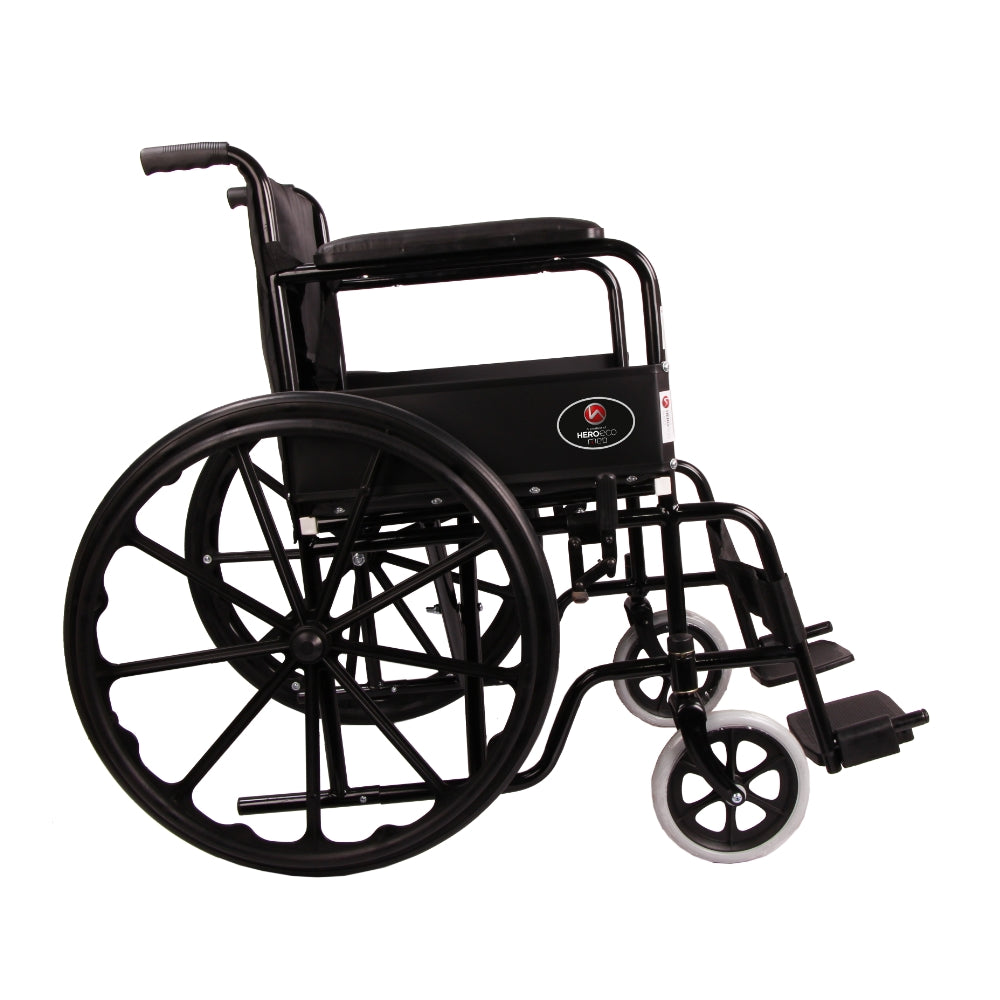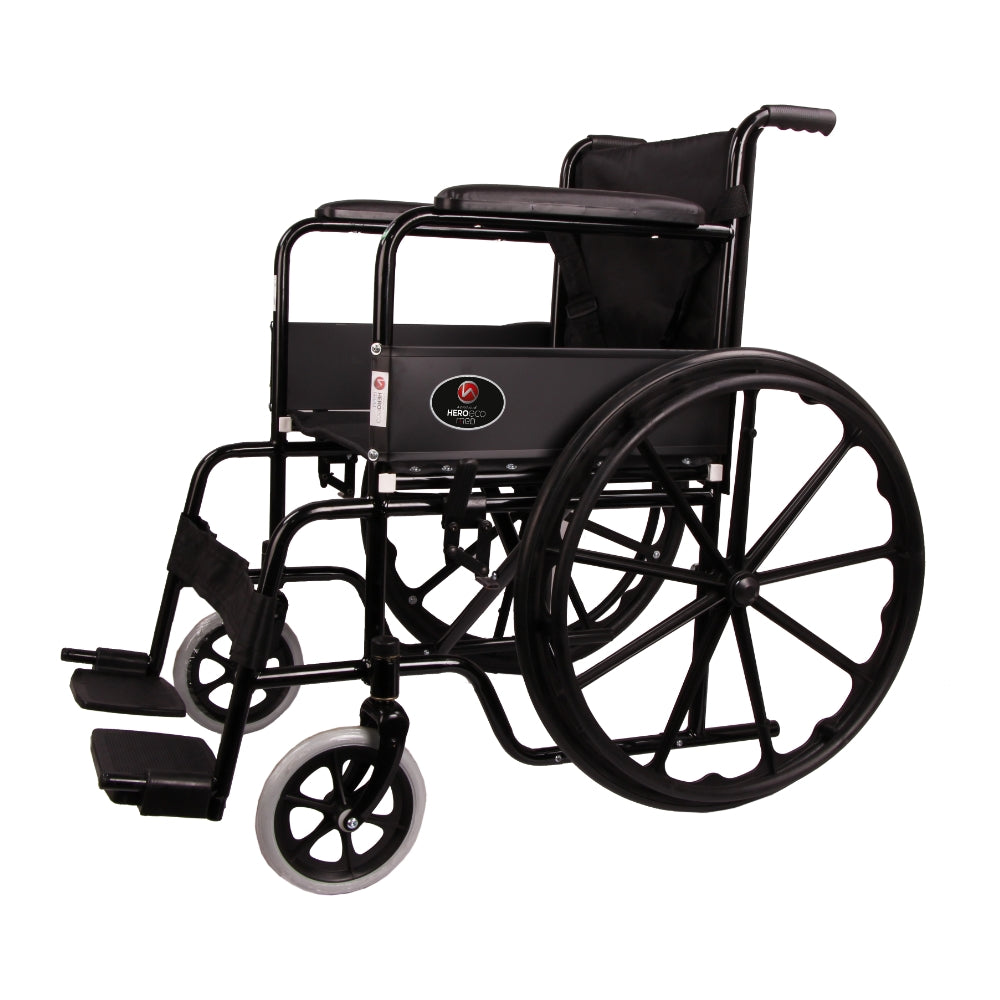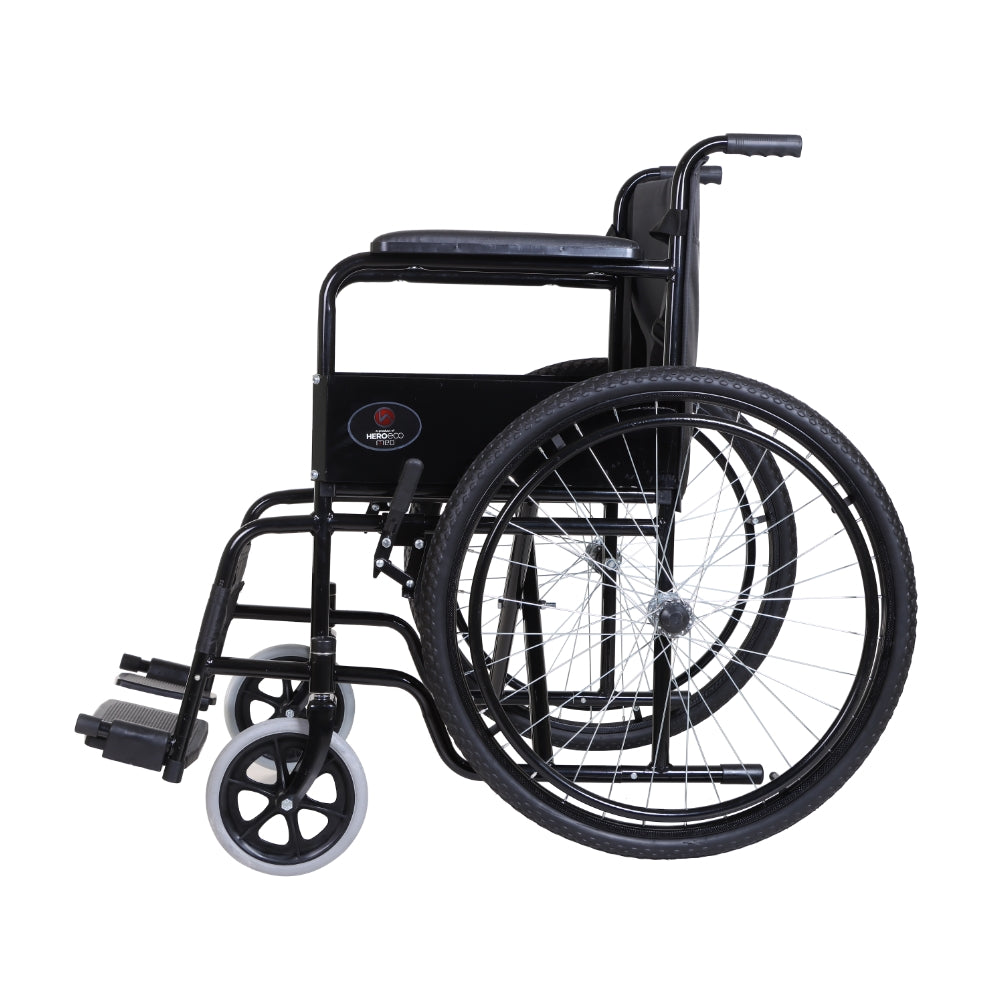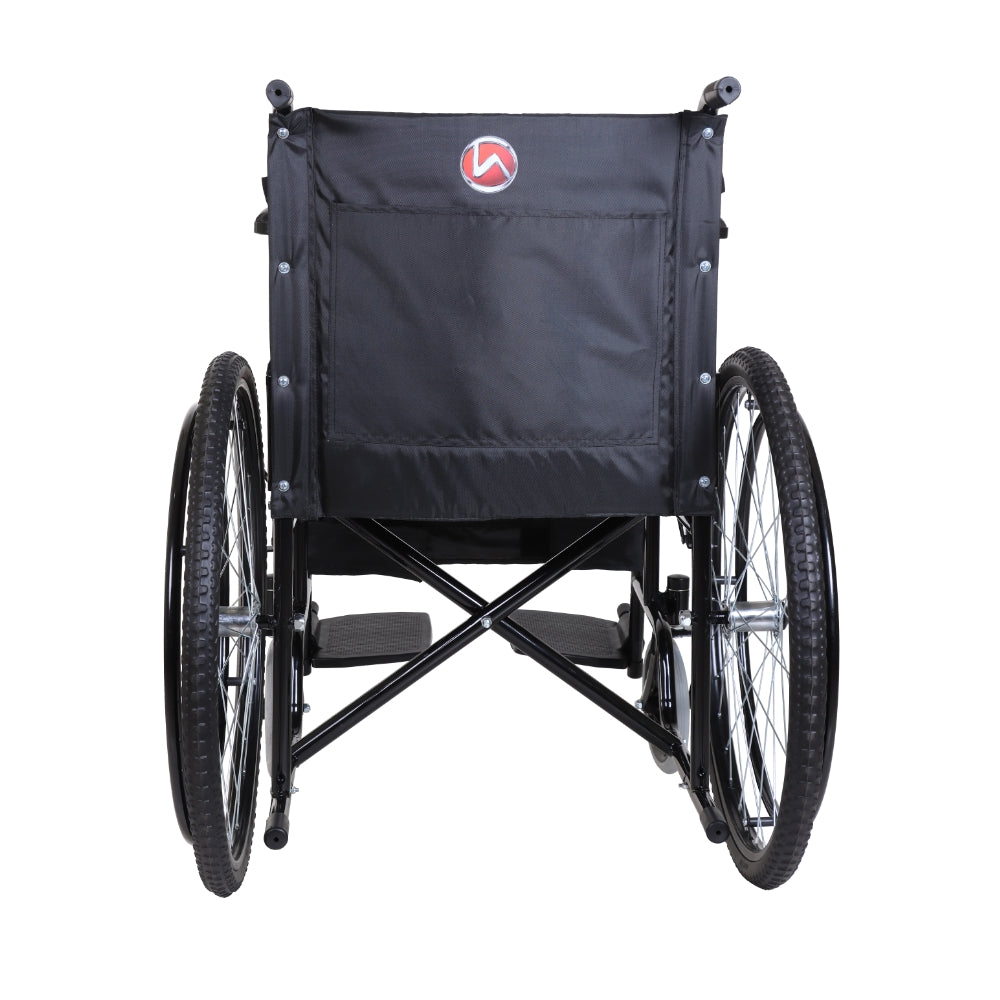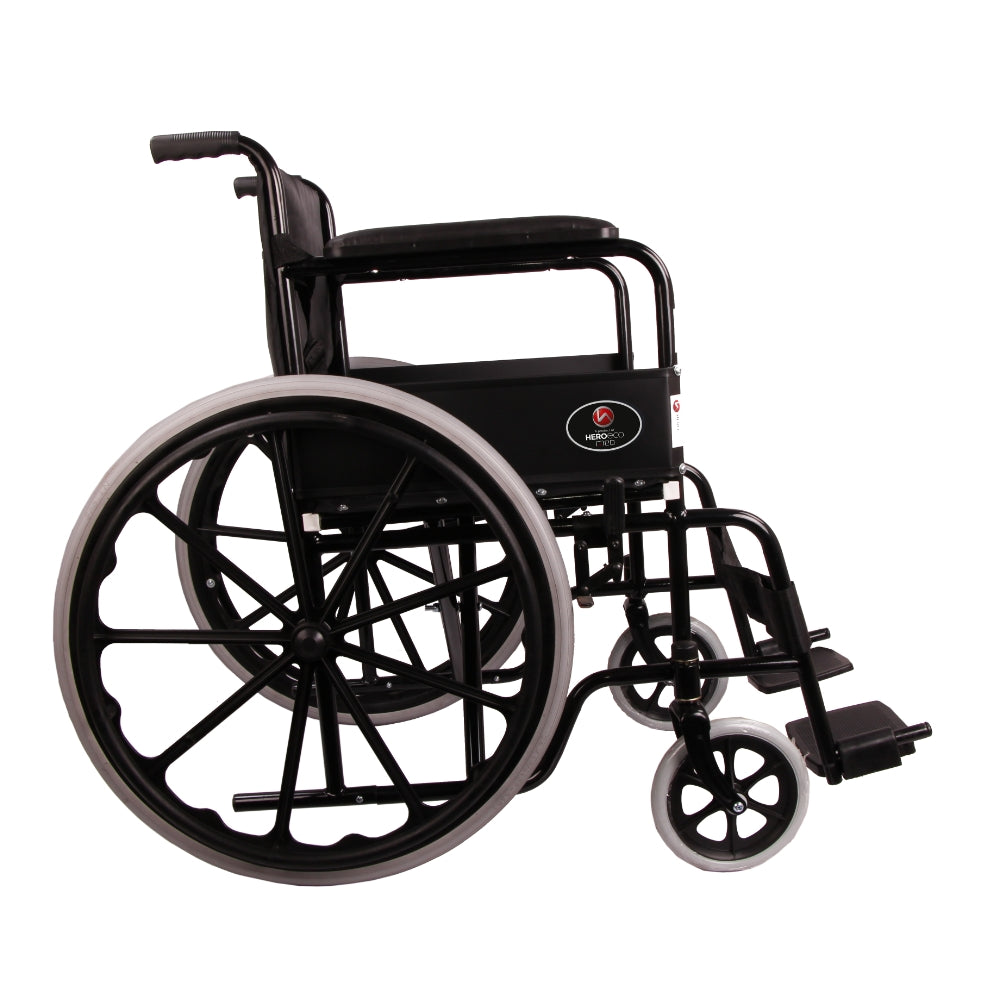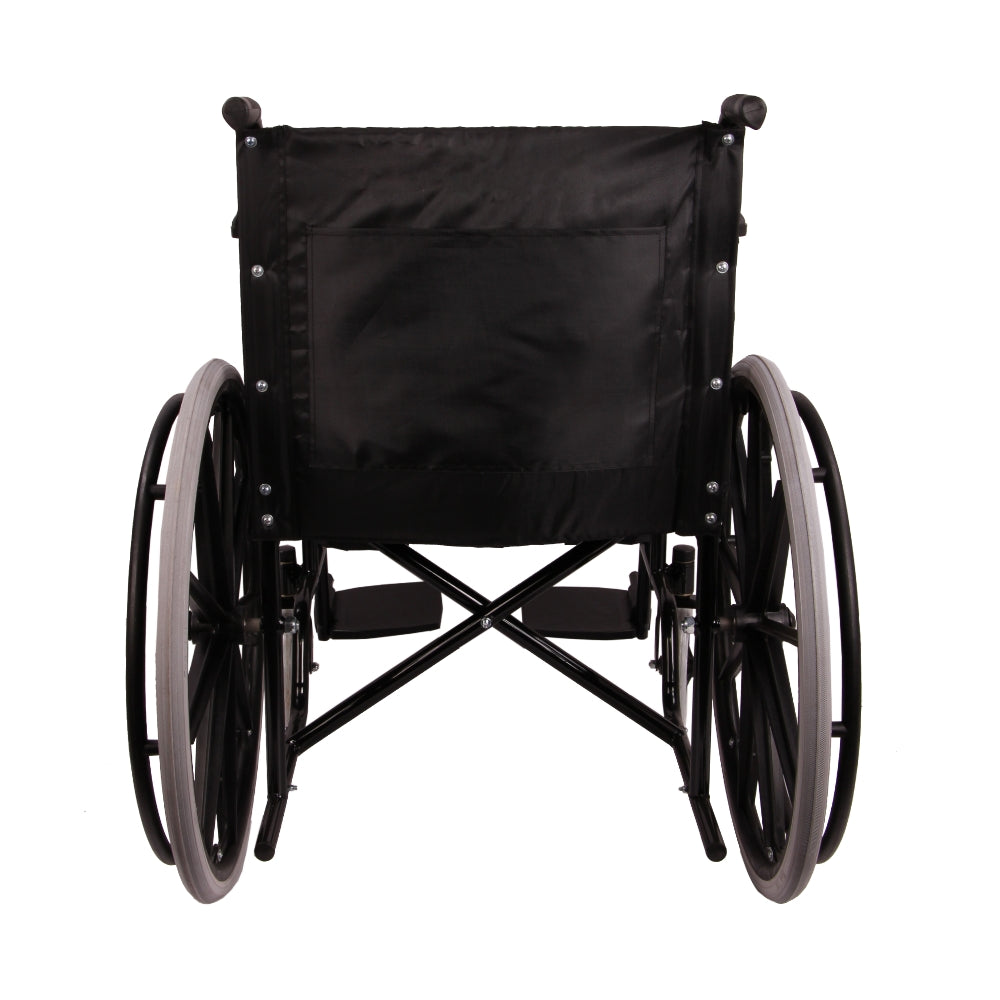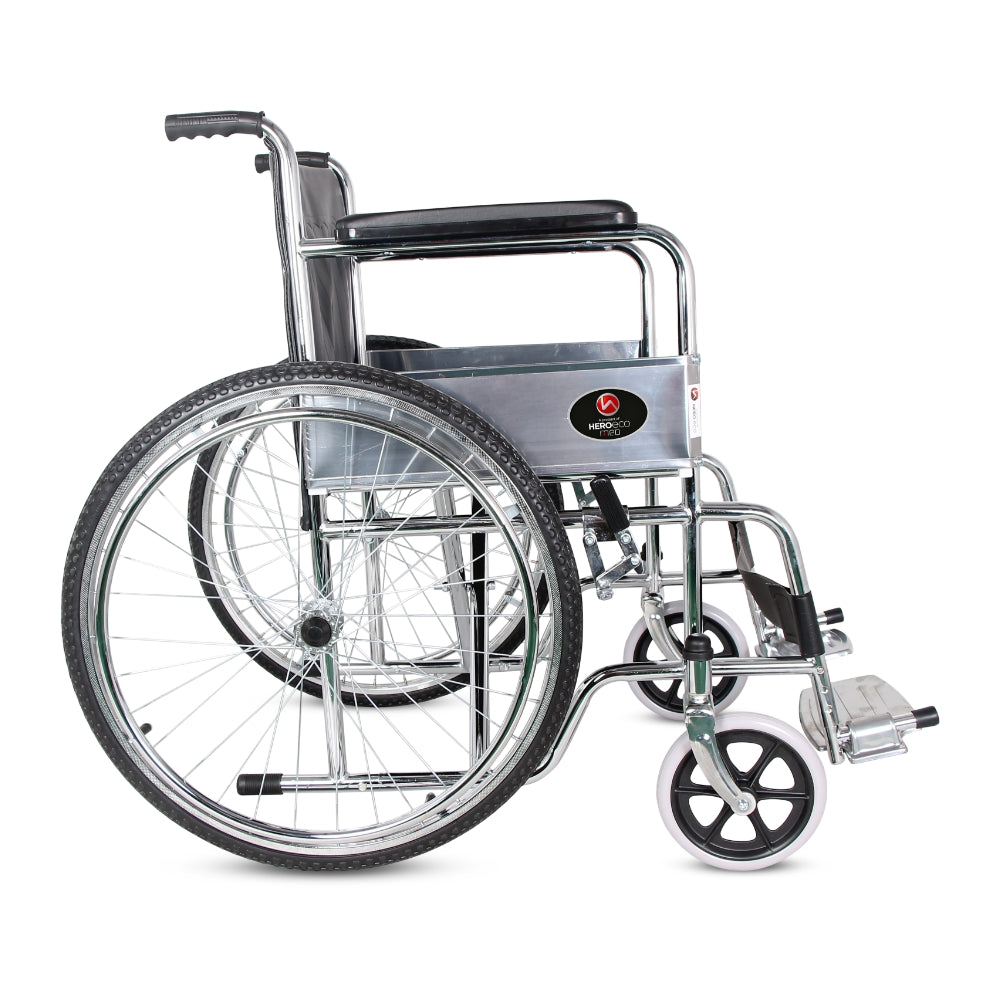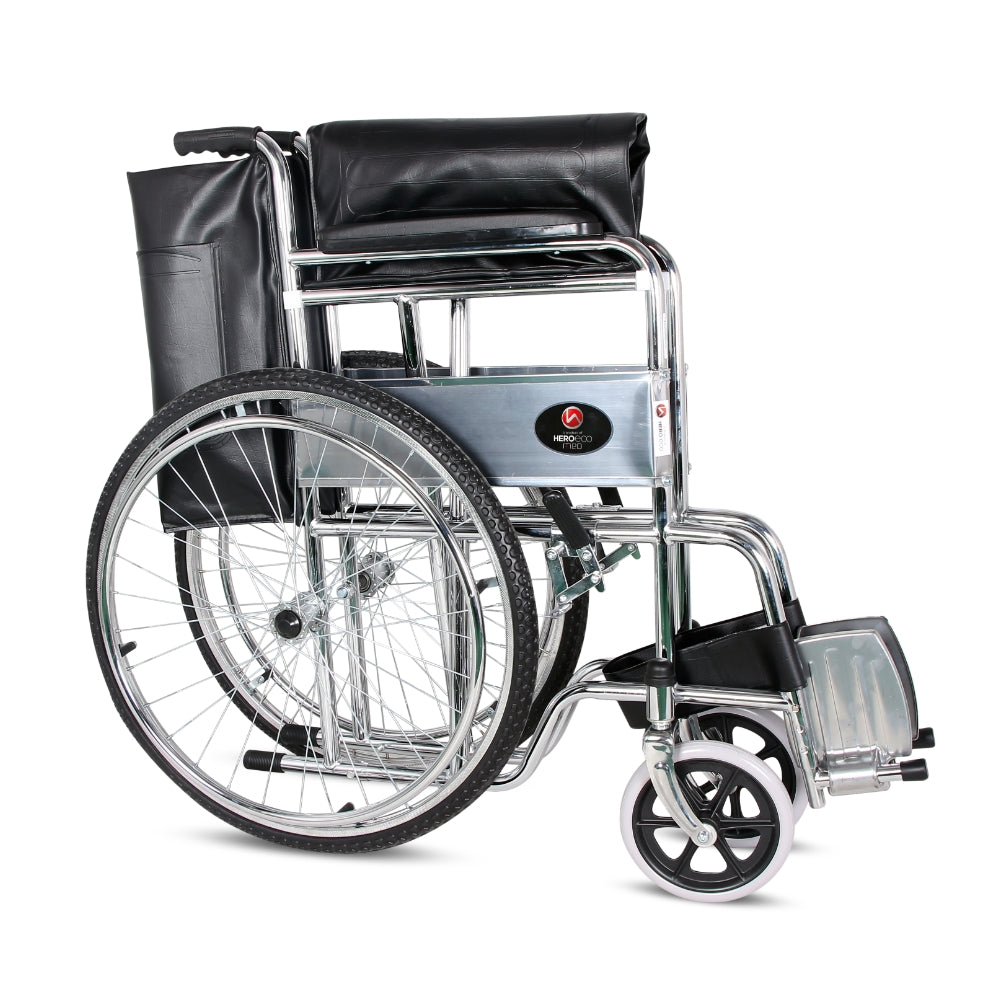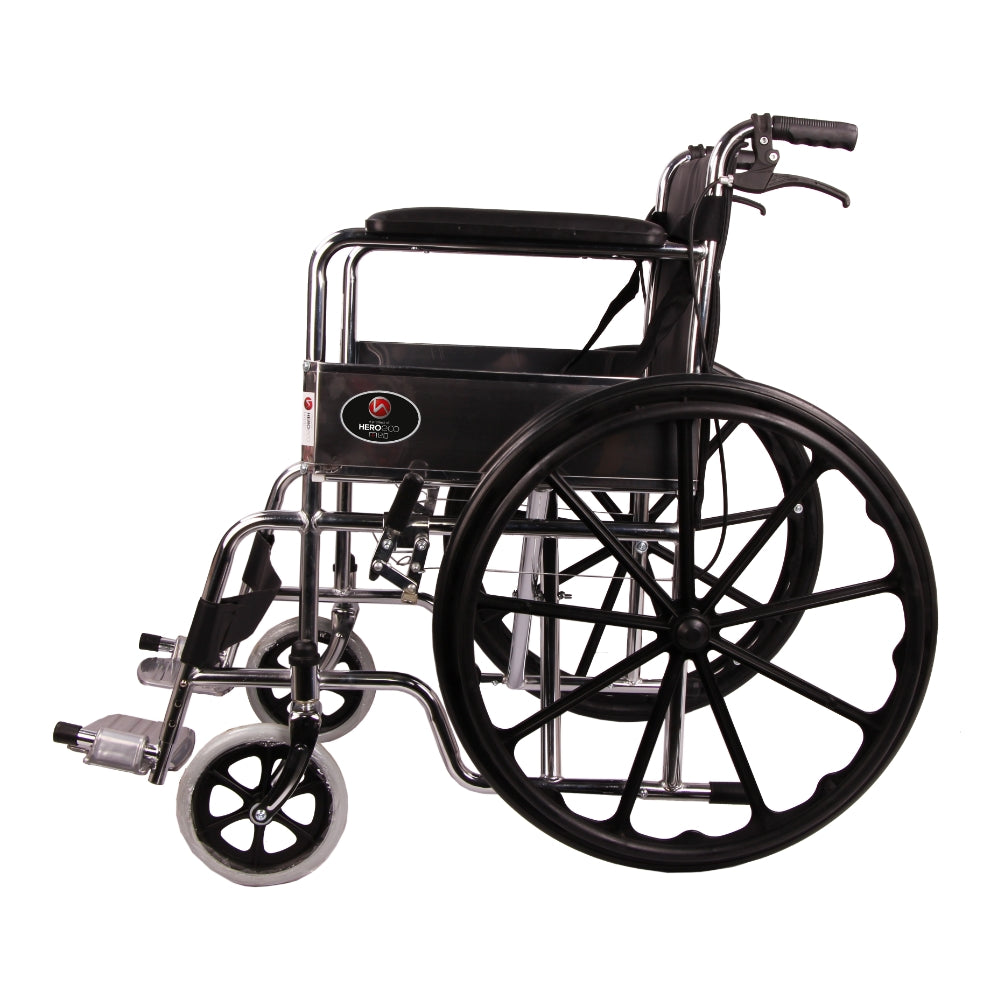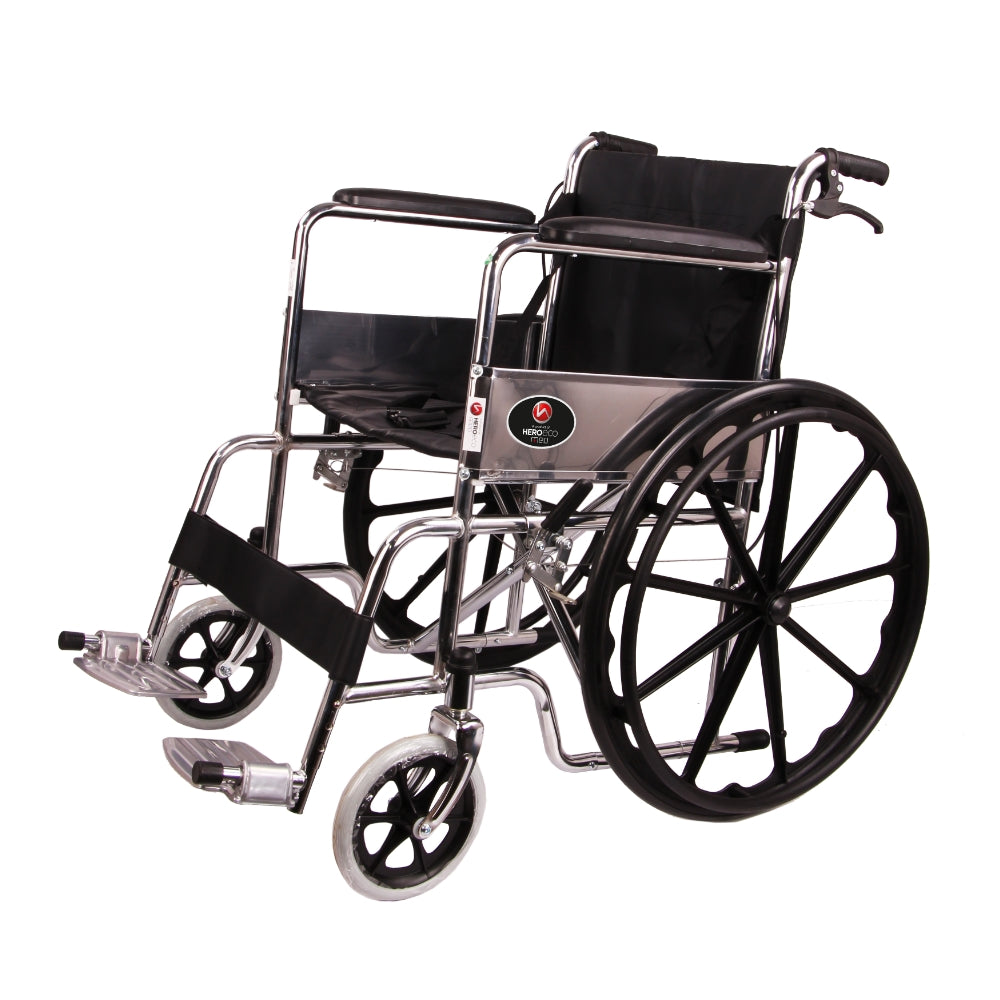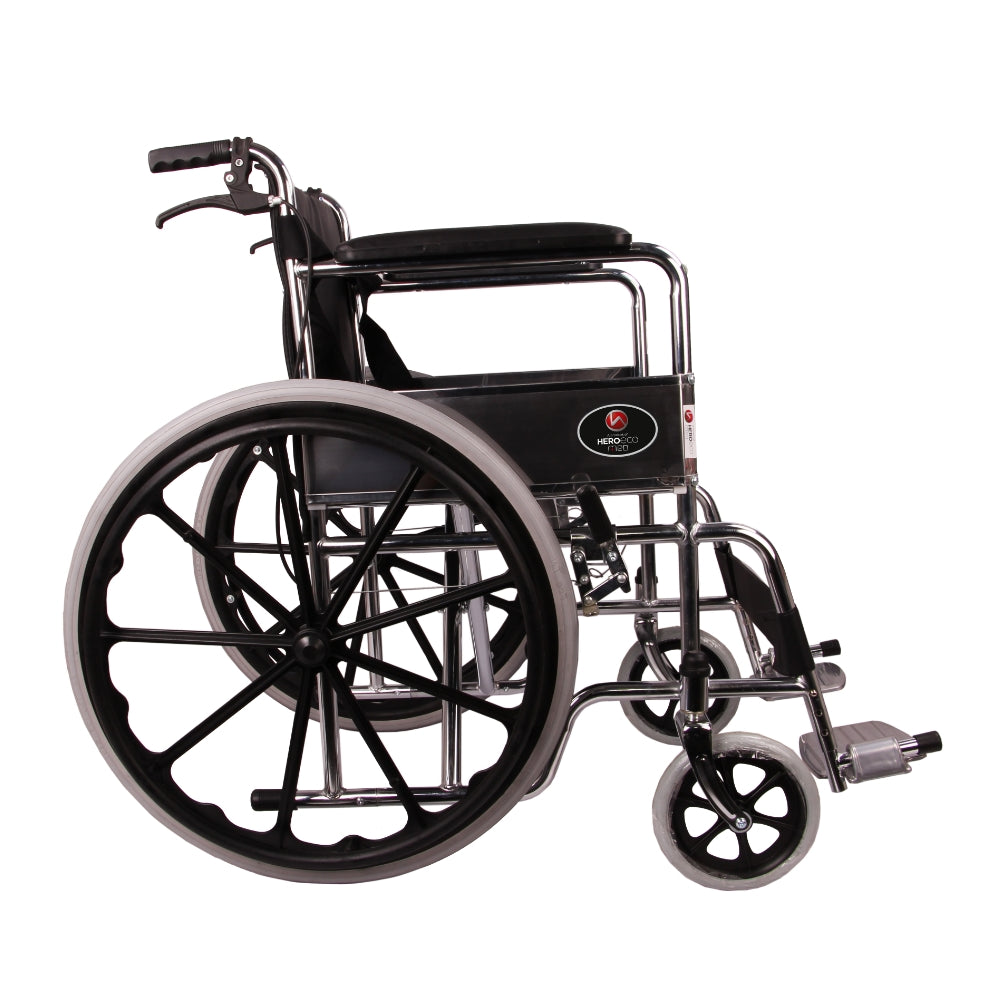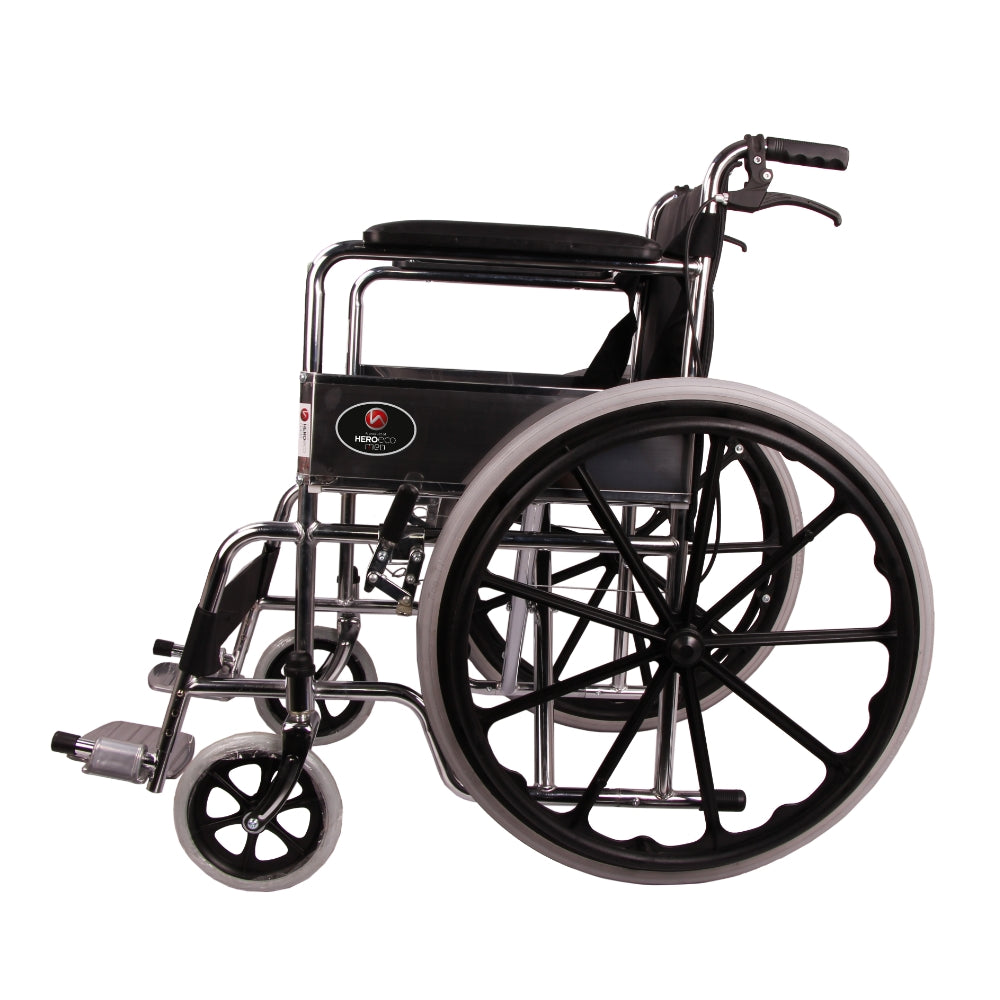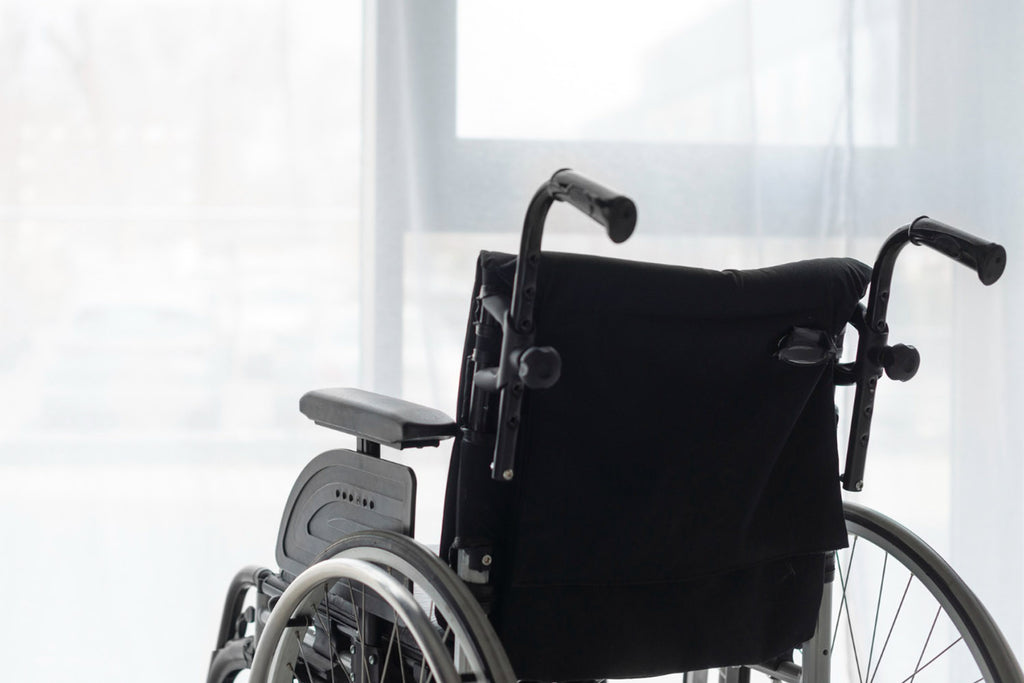
Why ISO Certification Matters for Medical Equipment Manufacturers

In the highly regulated and critical field of medical equipment manufacturing, quality and safety are non-negotiable. ISO (International Organization for Standardization) certification is a globally recognized standard that demonstrates a company’s commitment to quality, reliability, and regulatory compliance. Here’s why ISO certification is essential for medical equipment manufacturers and how it benefits manufacturers, healthcare providers, and patients alike.
1. Ensures Global Quality Standards
ISO certification, such as ISO 9001 and ISO 13485, establishes standardized procedures and processes for manufacturing medical equipment. This ensures:
- Consistent quality in production.
- Compliance with international benchmarks.
- Reduced errors and waste, improving overall efficiency.
By adhering to these standards, manufacturers like Hero Eco Med produce equipment that meets stringent global requirements.
2. Builds Customer Trust and Confidence
Healthcare providers and patients depend on the reliability and safety of medical equipment. ISO certification signals that:
- The equipment is manufactured under strict quality control.
- The manufacturer prioritizes patient safety and satisfaction.
- Customers can trust the product for long-term use and critical applications.
For instance, Hero Eco Med's ISO-9000 certified products are trusted across India for their safety and reliability.
3. Facilitates Regulatory Compliance
The medical equipment industry is governed by strict regulations, both domestic and international. ISO certification helps manufacturers:
- Align with local healthcare laws and international medical directives.
- Simplify the approval process for exporting equipment to global markets.
- Avoid legal complications arising from non-compliance.
4. Improves Safety and Risk Management
ISO-certified processes focus on identifying and minimizing risks during production.
- Thorough testing protocols ensure equipment safety.
- Continuous monitoring prevents potential hazards or defects.
- Risk mitigation strategies protect both manufacturers and end-users.
This focus on safety is critical for life-saving devices like wheelchairs, stretchers, and hospital beds.
5. Drives Operational Efficiency
ISO certification emphasizes process optimization and continuous improvement, leading to:
- Streamlined manufacturing operations.
- Reduced production costs due to fewer defects and waste.
- Faster time-to-market for new products.
Manufacturers can reinvest these savings into research, development, and innovation.
6. Enhances Marketability and Competitiveness
ISO certification is often a prerequisite for entering international markets. It gives manufacturers a competitive edge by:
- Demonstrating adherence to global standards.
- Increasing credibility among distributors and healthcare providers.
- Enhancing the company's reputation in both domestic and global markets.
7. Supports Sustainable Practices
Many ISO standards integrate sustainability into manufacturing processes. By minimizing waste and energy consumption, manufacturers can:
- Reduce their environmental impact.
- Align with global sustainability goals.
- Appeal to environmentally conscious healthcare providers.
8. Enables Continuous Improvement
ISO standards promote a culture of ongoing development. Regular audits and reviews ensure:
- Consistent adherence to high-quality standards.
- Timely updates to processes in line with technological advancements.
- Better performance with each product iteration.
9. Protects Against Liability Issues
For medical equipment manufacturers, faulty products can lead to severe consequences, including legal disputes. ISO certification:
- Provides documented proof of adherence to quality and safety standards.
- Acts as a safeguard in cases of product failures or accidents.
- Reduces the likelihood of costly recalls or lawsuits.
10. Benefits Healthcare Providers and Patients
Ultimately, ISO certification benefits those who use the products:
- Healthcare providers can focus on patient care, confident in the reliability of the equipment.
- Patients experience better outcomes with safe and high-quality products.
Hero Eco Med: A Commitment to ISO Standards
At Hero Eco Med, we take pride in our ISO-certified manufacturing facility in Ludhiana. Every piece of equipment is designed and produced to meet global standards for quality, safety, and functionality. From clinical beds to wheelchairs, our products reflect our unwavering commitment to excellence.
Conclusion
ISO certification is more than just a badge of honor for medical equipment manufacturers; it’s a critical component of delivering safe, reliable, and high-quality products. It ensures that manufacturers remain competitive, compliant, and customer-focused while contributing to the broader goal of improving global healthcare outcomes.
For medical equipment you can trust, choose ISO-certified manufacturers like Hero Eco Med, where quality is a promise and a standard.

